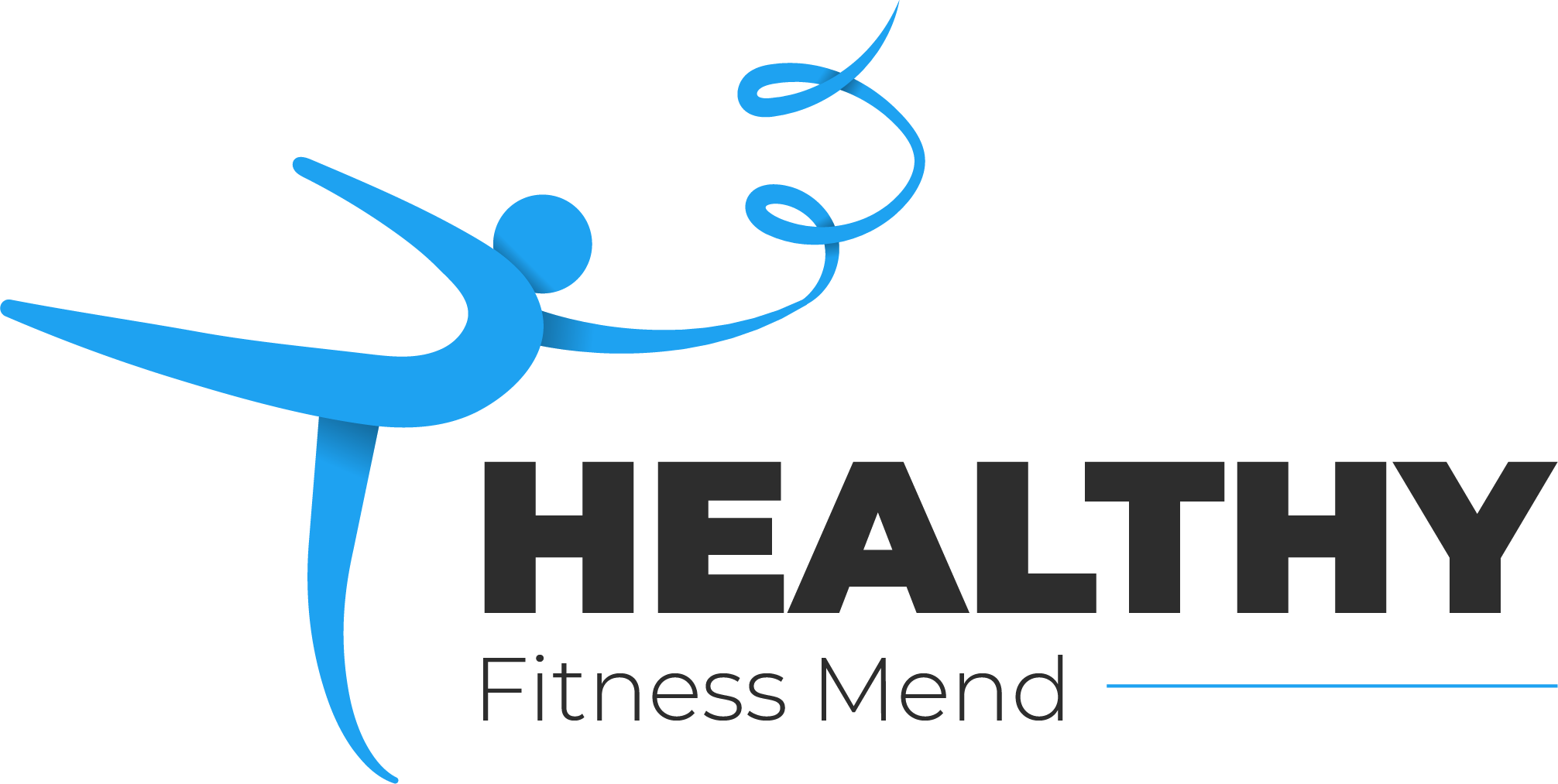HIV: Symptoms and Medication
Human Immunodeficiency Virus or HIV is a type of virus that dangerously attacks the body’s immune system. If HIV does not get any proper treatment, it can also lead to Acquired Immunodeficiency Syndrome or AIDS, which currently has no cure. If anyone is infected with HIV, then that person will carry the disease for his entire life. With good medical care, one can keep the effects of HIV under control.
Symptoms of HIV
HIV infection occurs in three proper stages. If not treated properly, the condition will become worse and can be life-threatening.
First Stage
In the beginning, the infected people do not even understand they have a virus in their body. The symptoms start to occur after 3 to 5 weeks of the virus entering the body. This is the time when the body’s immune system tries to fight against HIV. This condition is called primary HIV infection or acute retroviral syndrome. The symptoms are very similar to a viral illness and can be compared to the normal flu. These symptoms usually last for one or two weeks. The symptoms are as follows:
- Headache
- Aching muscles
- Fatigue
- Swelling of lymph nodes
- Sore throat
- Red rashes on the torso that don’t itch
- Fever
If a person has these symptoms, they should immediately visit a doctor and get an HIV test as soon as possible. If you neglect these symptoms and are affected by HIV, then the consequences can be dangerous. Testing is important because, in the beginning, the HIV content in the blood and bodily fluids are very high, so it is much more contagious. Starting early treatment can help to boost the immune system and also ease the symptoms.
Second Stage
After the fight, when the immune system does not win, the symptoms automatically go away, but this is not the sign of improvement; the damage is still being done. This period is called chronic HIV infection or asymptomatic period. In this stage, HIV slowly kills the CD4T cells that coordinate the immune system. As more CD4T cells are killed, the immune system becomes weak, and slowly, the infected person crumbles down.
Third Stage
The third stage is the stage where AIDS will hit hard. This is when the count of CD4T falls below 200; your immune system is also massively damaged. You can become sick frequently and face many health issues regularly, like Kaposi’s sarcoma and pneumonia. Some of the most common HIV symptoms are as follows:
- Regular fatigue
- Swelling of lymph nodes
- Fever for many days
- Huge weight loss
- Night sweats
- Skin can have purple spots
- Breathing problems
- Severe and running diarrhea
- Unexplained bleeding or bruises
- Yeast infections in vagina, throat, and mouth
HIV Medication
Antiretroviral therapy or ART is the best treatment for both HIV and AIDS. Some HIV medicines can check for the effects of HIV, but cannot cure it.
- NRTIs or Nucleoside Reverse Transcriptase Inhibitors: This blocks the reverse transcriptase enzyme.
- NNRTIs or Non- Nucleoside Reverse Transcriptase Inhibitors: This binds and after that changes the reverse transcriptase.
- Integrase Inhibitors: This blocks the integrase enzyme.
- PIs or Protease Inhibitors: This blocks the protease enzyme.





